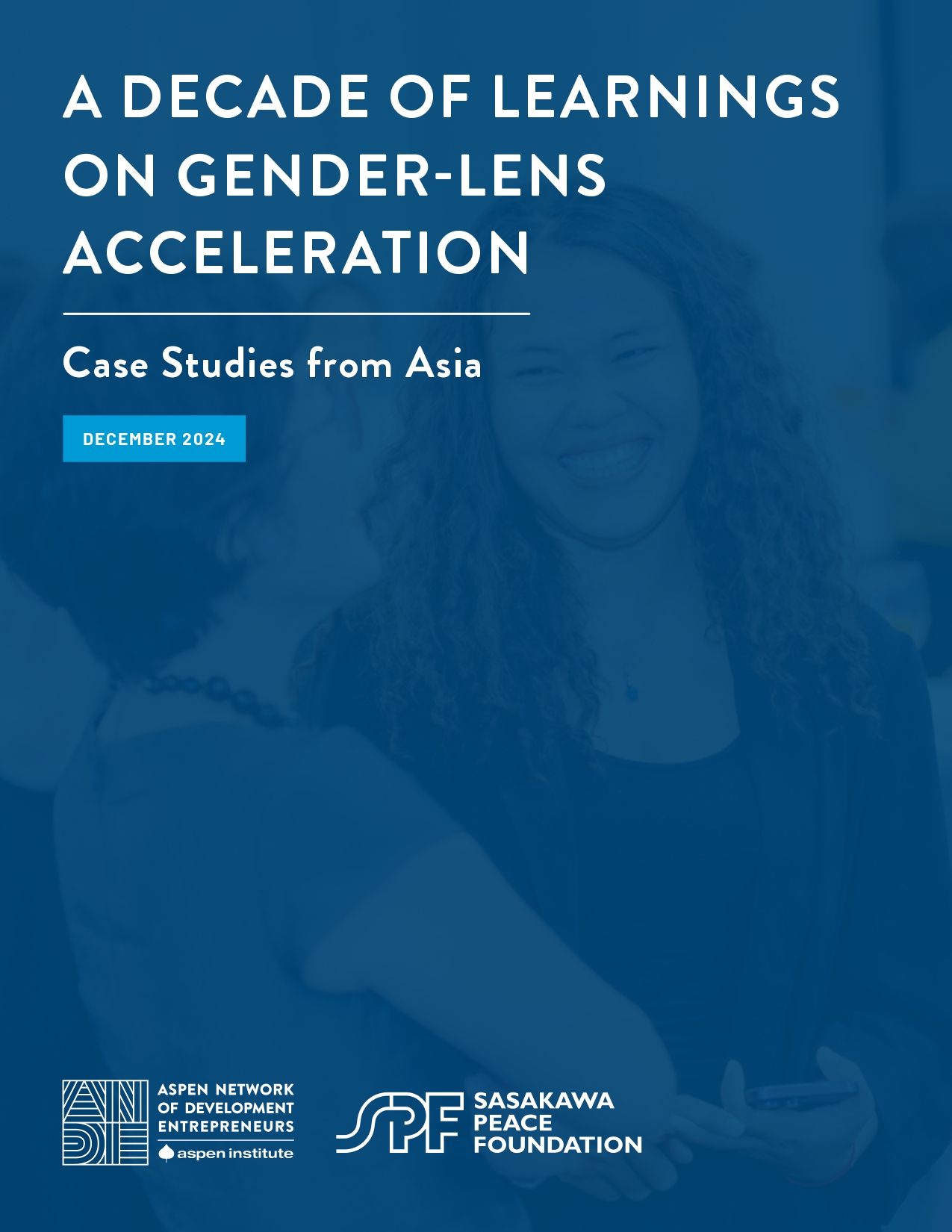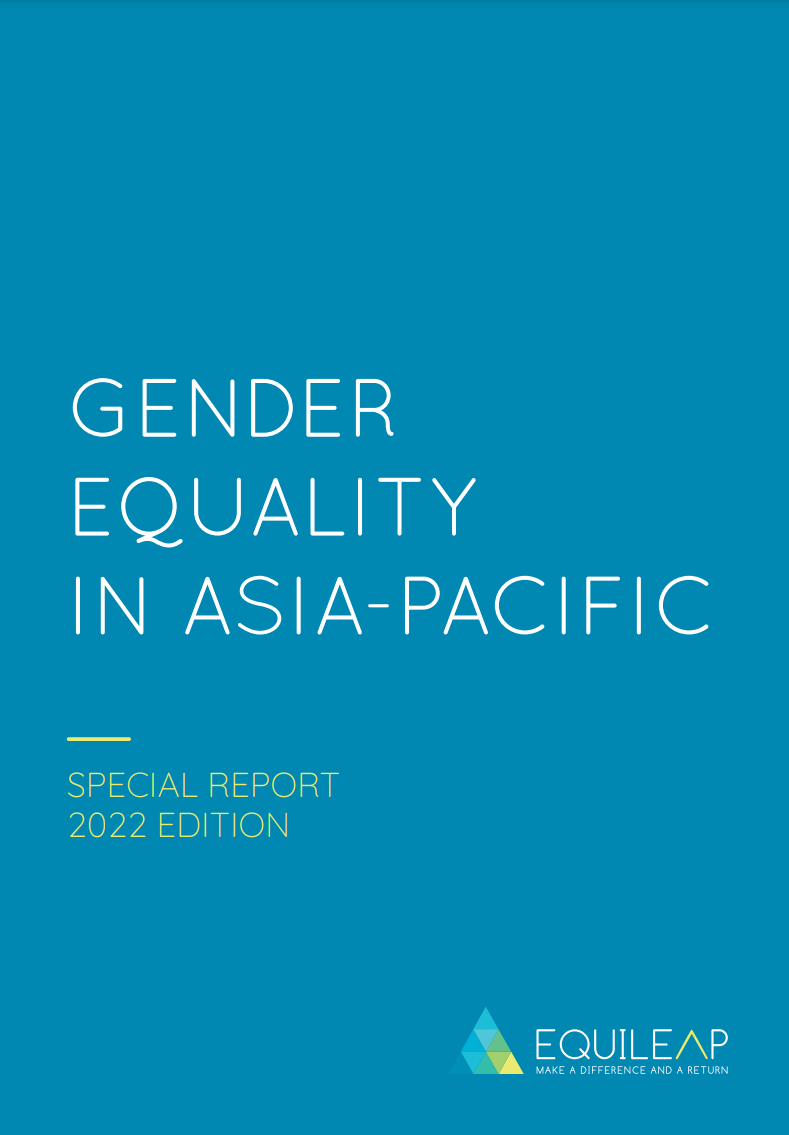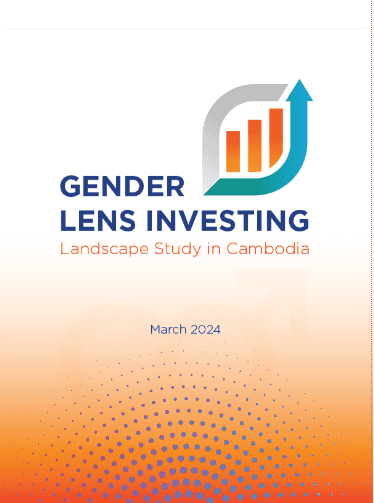The Sasakawa Peace Foundation has commissioned Equileap, the leading provider of gender equality data & insights globally, to evaluate companies and publish a report on gender equality at work for APAC’s key developed economies – Australia, Hong Kong Special Administrative Region, China (Hong Kong), Japan, New Zealand, and Singapore. This APAC report included 1,181 publicly listed companies that were researched on 19 gender equality criteria, including gender balance from the board to the workforce, as well as the gender pay gap and policies relating to parental leave and sexual harassment, among other topics. These companies represent over 23 million employees in the APAC. Each company has a market capitalisation of USD 2 billion or greater or is listed on a major index in one of five Asia-Pacific markets. This report provides key insights per economy and sector, on specific issues ranging from equal pay and female representation to all levels, to paid parental leave and anti-sexual harassment policies.
Progress towards gender equality in the workplace in the Asia-Pacific region is uneven. This research points to great variation in the gender equality performance of the five developed markets analysed for this report. Australian companies performed best overall (average score: 46%), while Japanese companies scored lowest (average score: 28%).
There is some good news to share:
・Australia is the top performer for gender equality in Asia-Pacific, and also top for flexible work options: 80% of companies have a flexible hours policy, and 69% have a flexible locations policy.
・Hong Kong has the only company, regionally and globally, to have closed its gender pay gap at all company levels.
・Japanese companies are taking action against sexual harassment: 52% of companies publish an anti-sexual harassment policy, the highest across the region.
・New Zealand has the highest representation of women across all company levels in the region, with 32% women on the board of directors, 28% at the executive level, 34% in senior management, and 43% in the overall workforce.
・Singapore has the highest percentage of women in the C-suite, with 14% female CEOs and 26% female CFOs, as well as the highest percentage of women in the overall workforce in the region with 44%.
The region is not performing well on workplace gender equality overall, with an average gender equality score of 33%. In particular, Japan and Hong Kong lag behind New Zealand, Singapore, and Australia. There are very few Japanese companies among top scorers in Asia-Pacific, despite Japan being the most represented market in this research (617 companies out of the total 1,181 companies analysed for this report).
At the top, women make up just 4% of CEOs, 10% of CFOs, and 5% of board chairs in Asia-Pacific. Women’s representation across the workforce of listed companies is also low, standing at 35%. Just two companies achieved gender balance at all four levels of the workforce (board, executive, senior
management, and workforce).
Only 9% of Asia-Pacific companies publish their gender pay gap, and less than 1% have closed their pay gap (i.e. published a mean, unadjusted gender pay gap of 3% or less, overall or in bands).
Disparities in the disclosure of anti-sexual harassment policies are striking: while 43% of Asia-Pacific companies have this policy, this drops to just 22% in New Zealand and 19% in Hong Kong.
Zooming in on notable sectors, energy outperforms both financials and automobiles. The glass ceiling between the workforce and leadership is far worse in financials than in energy, despite women making up 50% of the financial workforce versus only 22% of the energy workforce.


